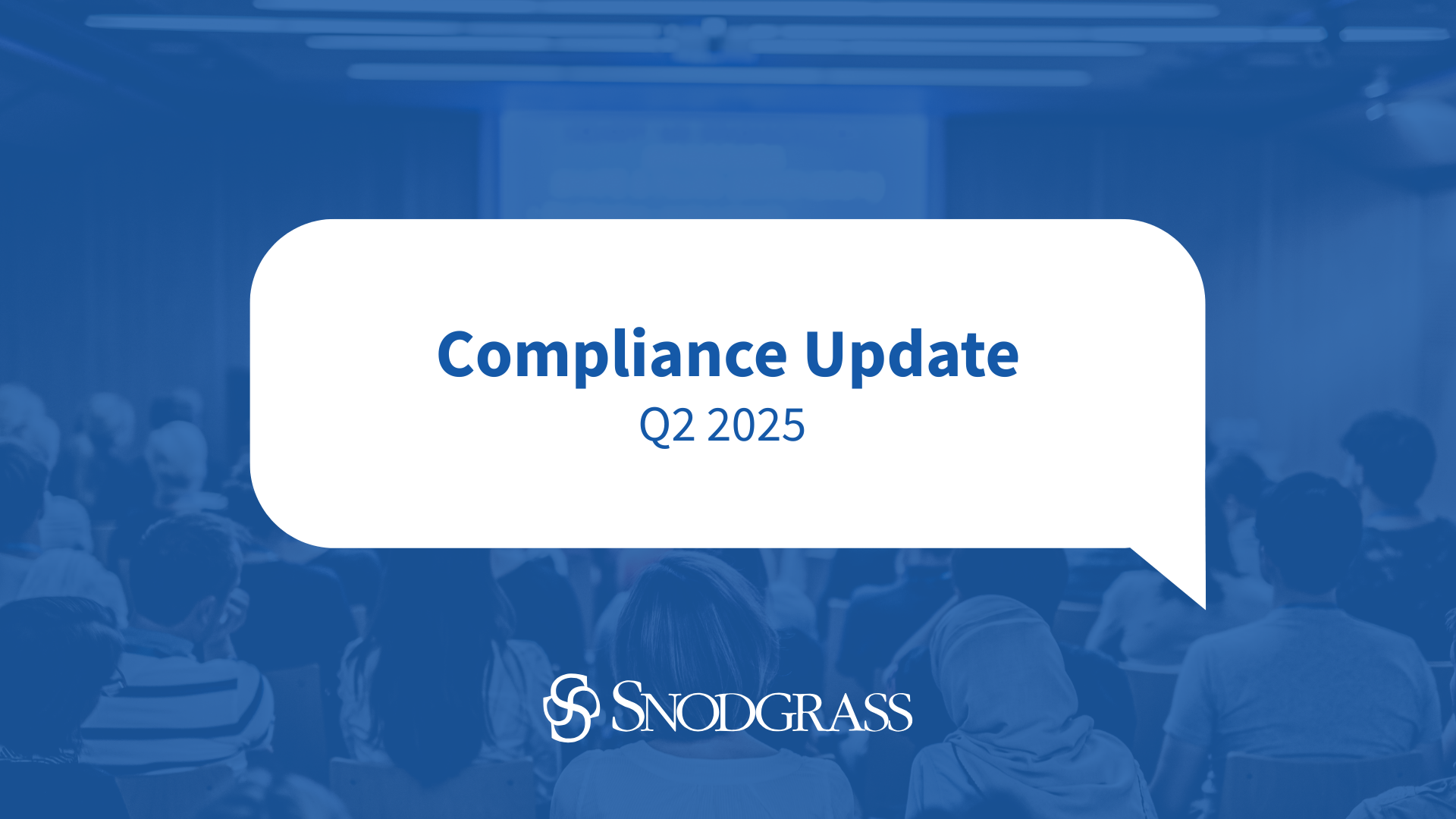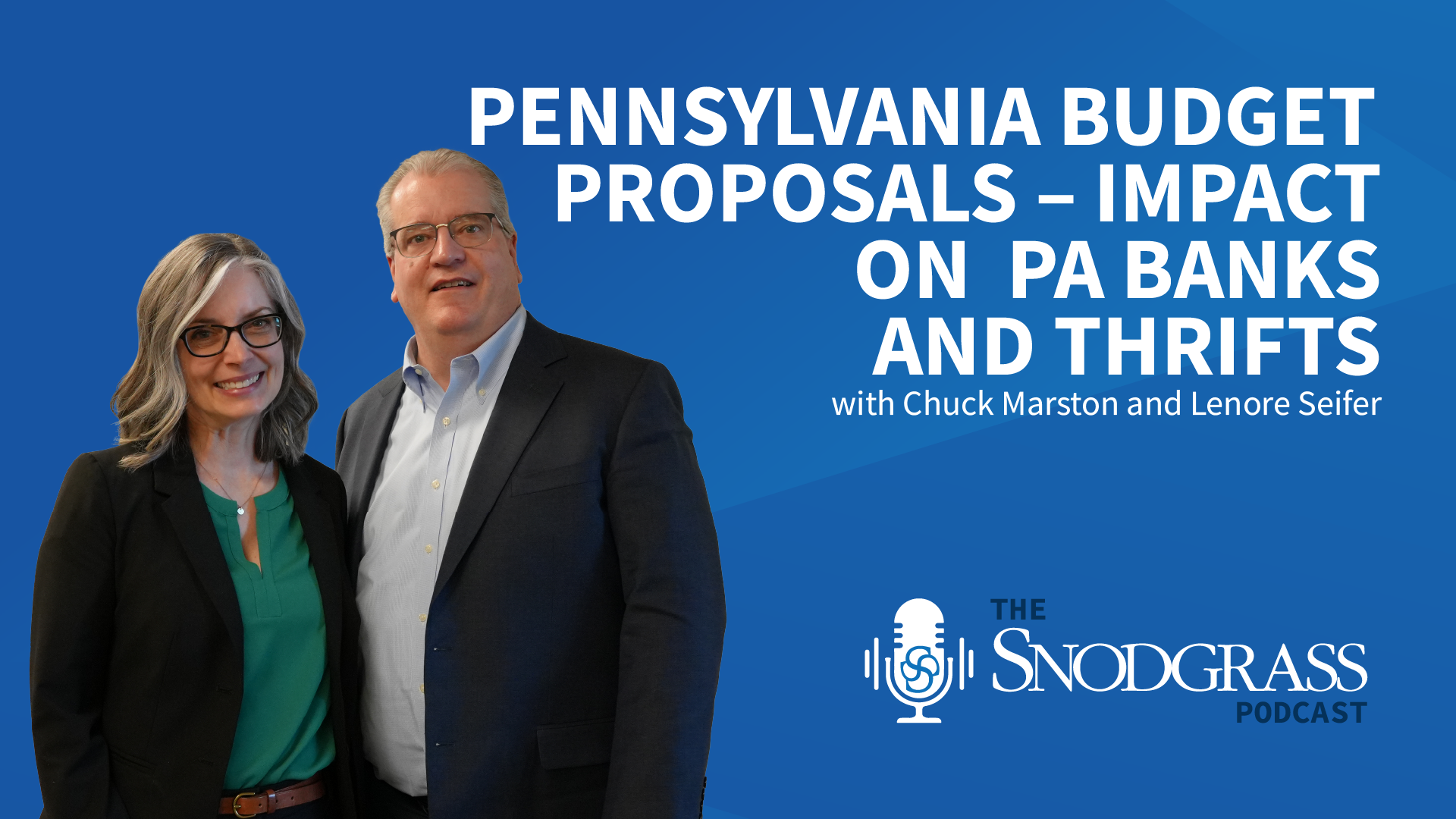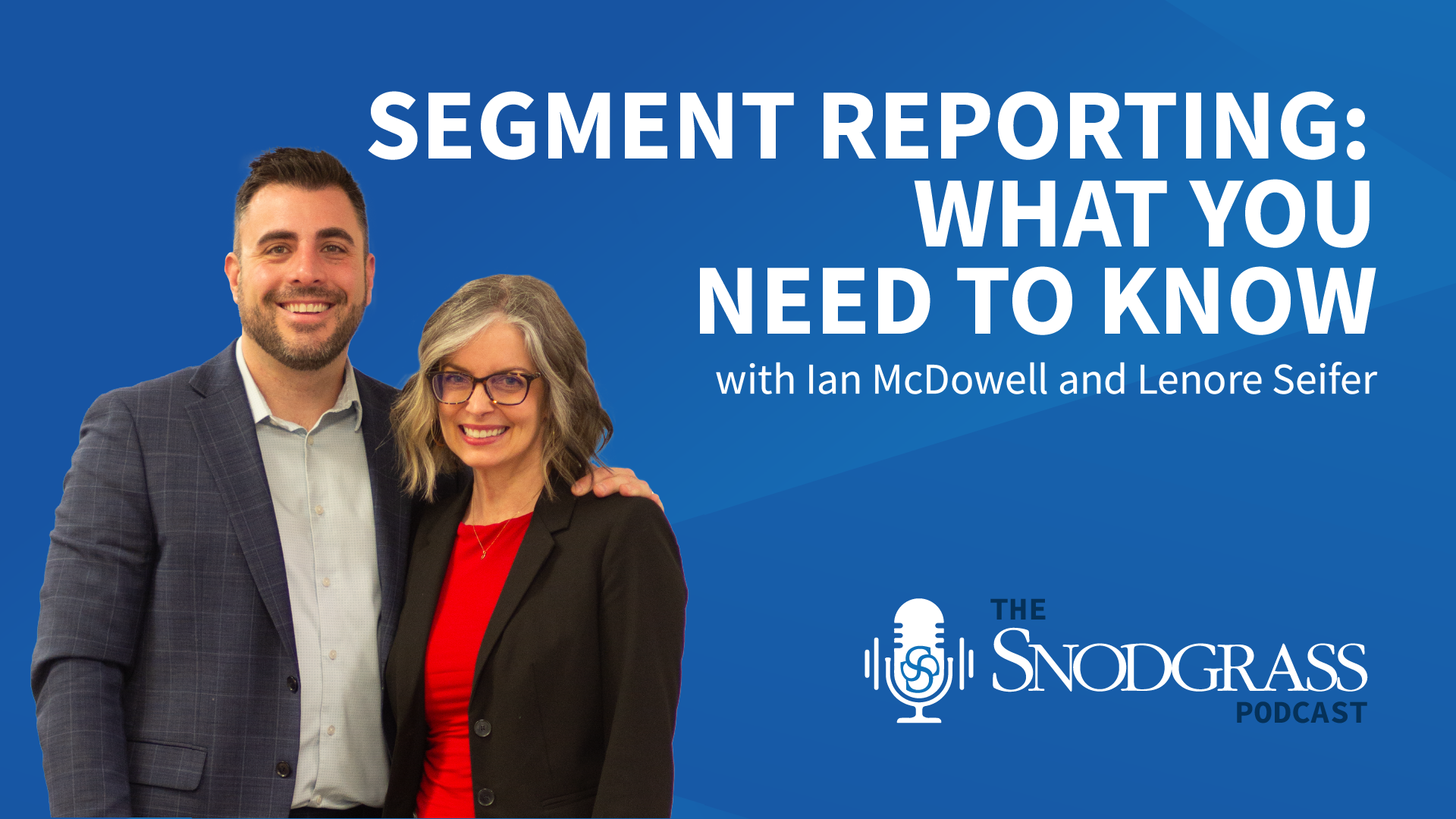On April 3, 2020, the Small Business Administration (SBA)’s Paycheck Protection Program that was outlined in the Coronavirus Aid, Relief, and Economic Security Act (CARES Act) began accepting applications from small businesses and sole proprietorships. Lenders, attorneys, accountants, and borrowers alike scrambled to understand the changes between the SBA’s interim final rule, Business Loan Program Temporary Changes; Paycheck Protection Program, issued on April 2, 2020, and the previously issued guidance from the U.S. Department of the Treasury that was issued on April 1, 2020. While a number of problems still require resolution, the interim final rule does contain changes and clarifications on many items as follows:
- The program employs a “first come, first serve” basis. As emphasized by the U.S. Department of the Treasury, applicants should apply as quickly as possible.
- The per-employee salary limit to be used when calculating payroll costs is $100,000. Health insurance, benefits, and employer state taxes on payroll are included over and above this amount. FICA and other employer income taxes should continue to be excluded.
- The interim final rule defines the payroll period as the “last 12 months,” while the current application states “most applicants will use the average monthly payroll for 2019.” Therefore, a whole year of payroll information will be required when submitting an application.
- Independent contractors may not be counted toward payroll costs, as those individuals can submit their own Paycheck Protection Program application.
- Loan forgiveness can be up to the full principal amount of the loan and accrued interest.
- Businesses that are not eligible for Paycheck Protection Program loans are identified in 13 CFR 120.110 and described further in the SBA’s Standard Operating Procedure 50 10, Subpart B, Chapter 2, except that nonprofit organizations authorized under the CARES Act are eligible. This includes private clubs, financial businesses primarily engaged in the business of lending, illegal businesses, and many others.
We have updated our previously issued guidance on our Resources page for the above changes and will keep you informed as there is further clarification on matters relevant to your operations.
If you wish to discuss any of the matters in more detail, please call 724-934-0344.
Any advice contained in this communication, including attachments and enclosures, is not intended as a thorough, in-depth analysis of specific issues, nor is it sufficient to avoid tax-related penalties. This has been prepared for information purposes and general guidance only and does not constitute professional advice. You should not act upon the information contained in this publication without obtaining specific professional advice to your specific situation.



